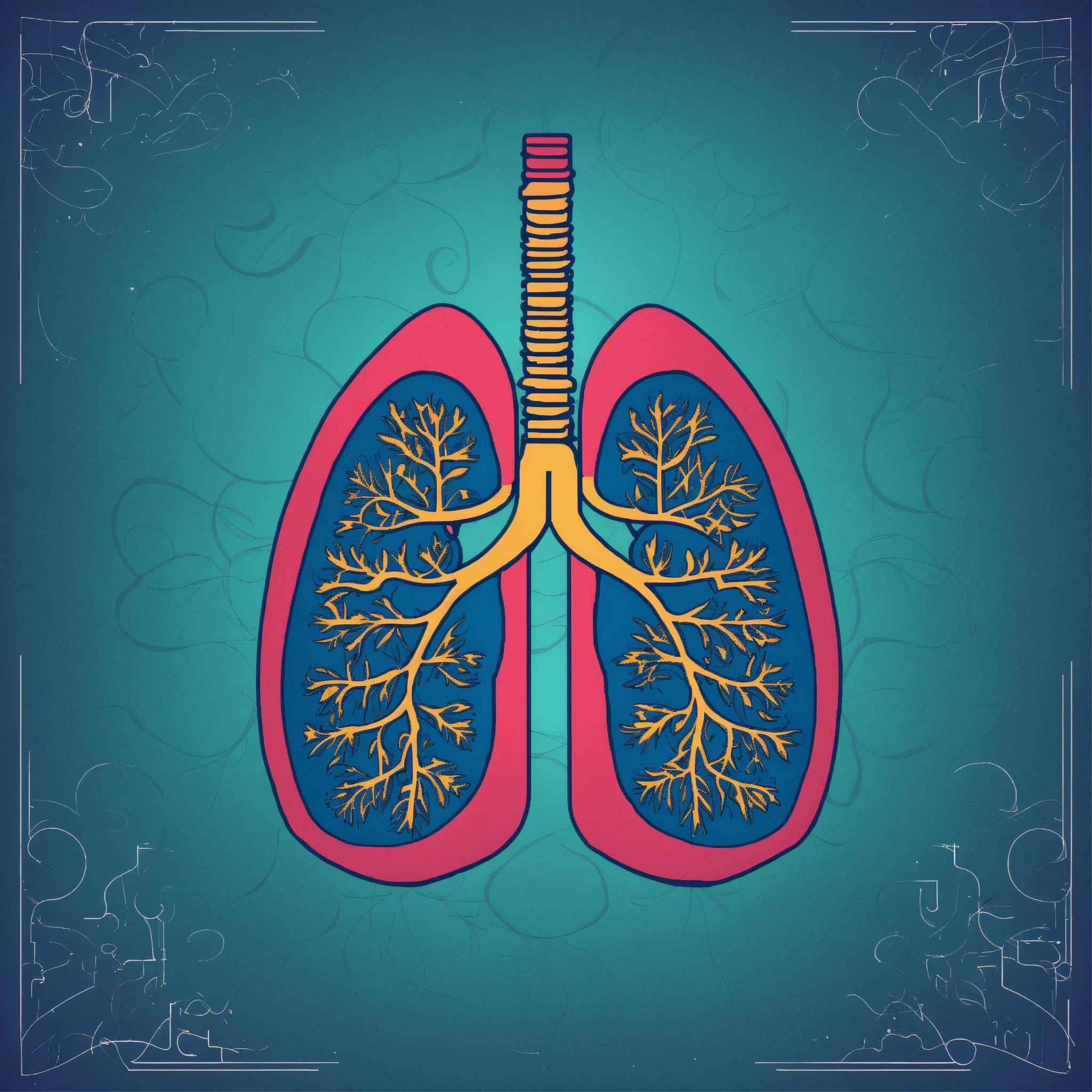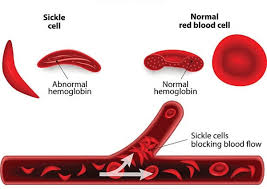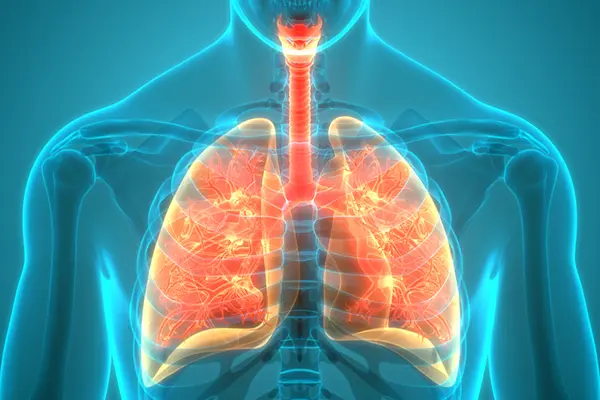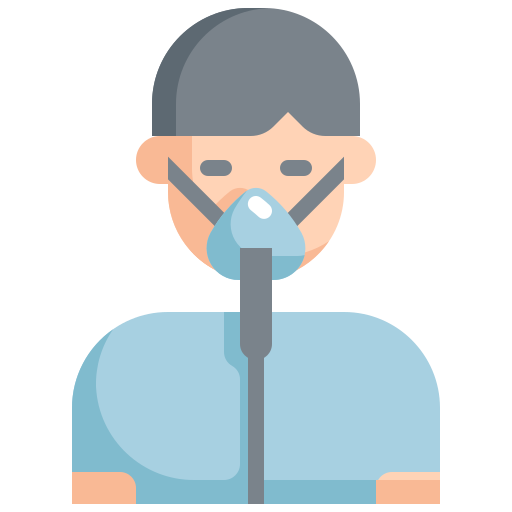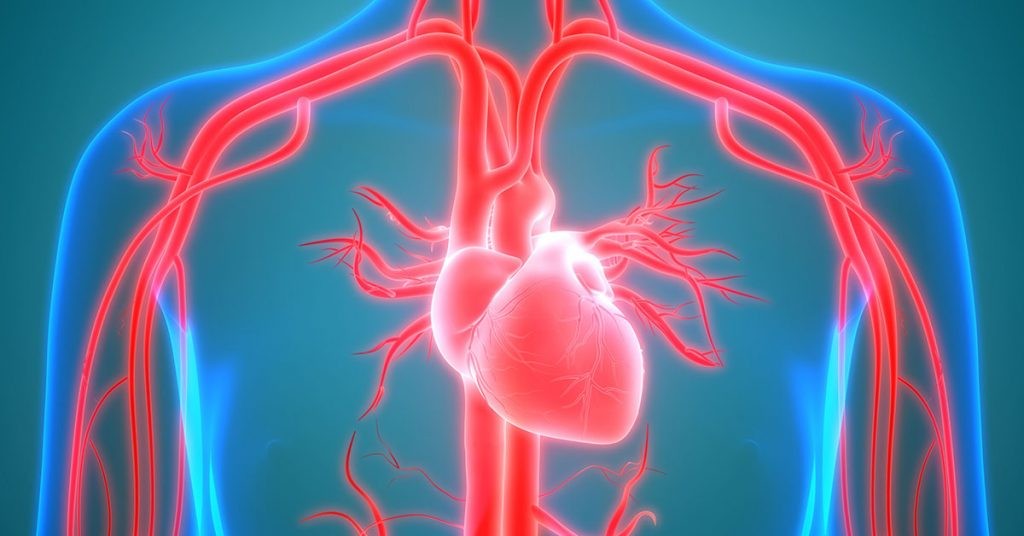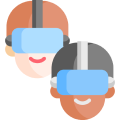- Participants learn how to effectively manage symptoms commonly associated with terminal lung cancer, such as pain, dyspnea (shortness of breath), fatigue, and nausea. They explore different pharmacological and non-pharmacological interventions to alleviate symptoms and improve patients comfort.
- The simulation provides opportunities to learn about the principles and practices of palliative care, including holistic assessment, goal setting, and symptom management within the context of advanced illness. Participants gain insights into providing comprehensive support to patients and their families to enhance their quality of life.
- Participants develop communication skills necessary for discussing sensitive topics related to end-of-life care with patients and their families. They learn how to facilitate open and honest conversations, address patients fears and concerns, and provide empathetic support throughout the illness trajectory.
- The simulation explores ethical dilemmas commonly encountered in caring for patients with terminal lung cancer, such as discussing treatment options, advance care planning, and respecting patients autonomy and preferences. Participants learn to navigate these complex issues while upholding ethical principles and promoting patient-centered care.
- Participants learn about the importance of interdisciplinary collaboration in providing comprehensive care to patients with terminal illness. They explore roles and responsibilities of various healthcare team members, including physicians, nurses, social workers, and spiritual care providers, and practice effective teamwork in addressing patients physical, emotional, and spiritual needs.
- The simulation emphasizes the importance of self-care and coping strategies for healthcare professionals working in palliative care settings. Participants learn to recognize and address their own emotional responses to caring for patients with terminal illness, while also developing resilience and strategies for maintaining professional well-being.
imaginX is used by many amazing schools and universities
University / College

